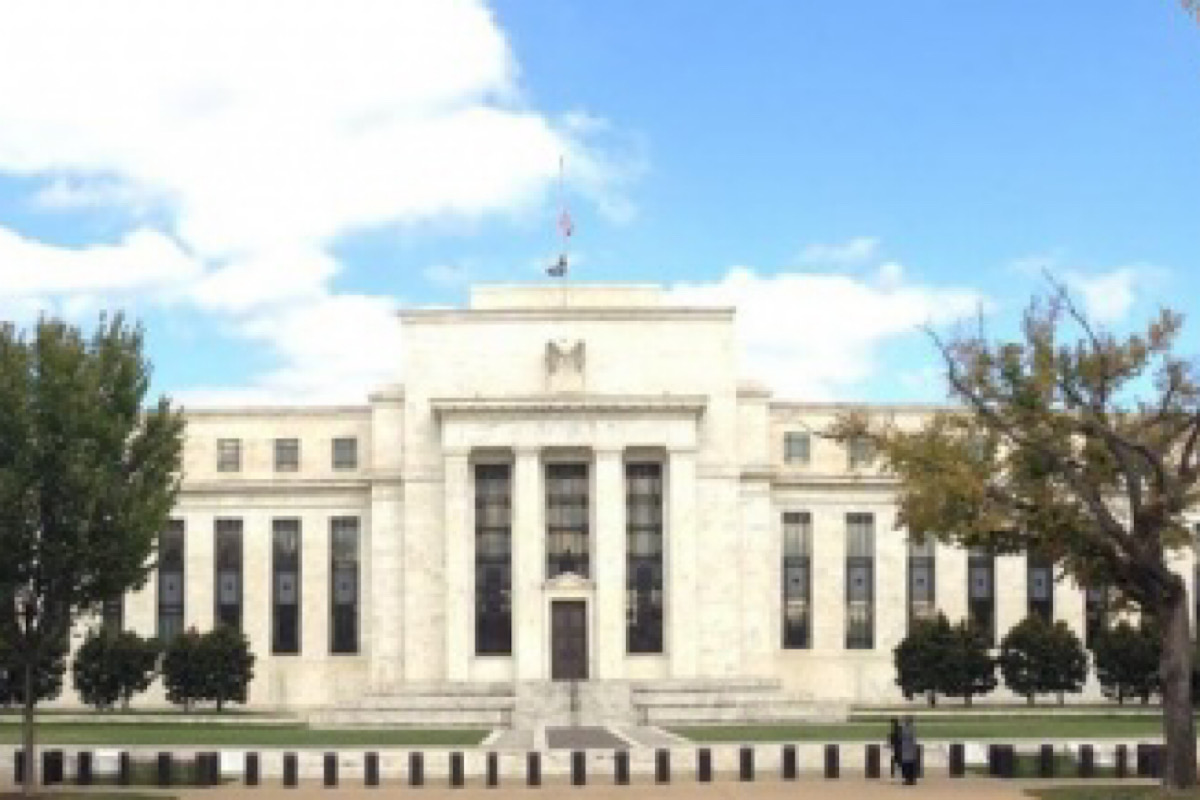US investors have focusing on November 01, the day of the Treasury Department’s upcoming quarterly refunding statement, as Wall Street braces for another dose of sticker shock on mounting American debt that has crossed the $31.4 trillion.
Come November 1 this year, the US Treasury department will update its quarterly update on its bond issuance plans for the next three months. Investors are concerned about upward revisions about the bond market’s appetite for additional Treasury Bonds, sending their yields higher but leading to a historic collapse on the price tag of the bonds, media reports said.
Advertisement
The US Treasury bond is a much sought after investment paper all over the world which they use as a reserve currency to keep their investments safe against any violent market fluctuations.
While it’s part of the US Treasury’s mechanism to contain inflation at the Fed’s desired level of 2 per cent, it also hits stock prices.
Investors tend to move away from stocks and invest in bonds and that led to a 52 week hammering of the scrip prices of many leading companies including techies, which relaxed a bit only last week, analysts said.
Stocks have slipped in September as interest rates, bond yields, and oil prices increased. The Federal Reserve plans to keep interest rates high to stop persistent inflation, the Market Insider said.
The Treasury Department will provide an update on its debt issuance plans on November one. Some Wall Street banks have raised their forecasts for the amount of Treasury’s to be auctioned. Meanwhile, bond market investors have shown signs of lackluster demand for the rising supply of debt, the Insider revealed.









